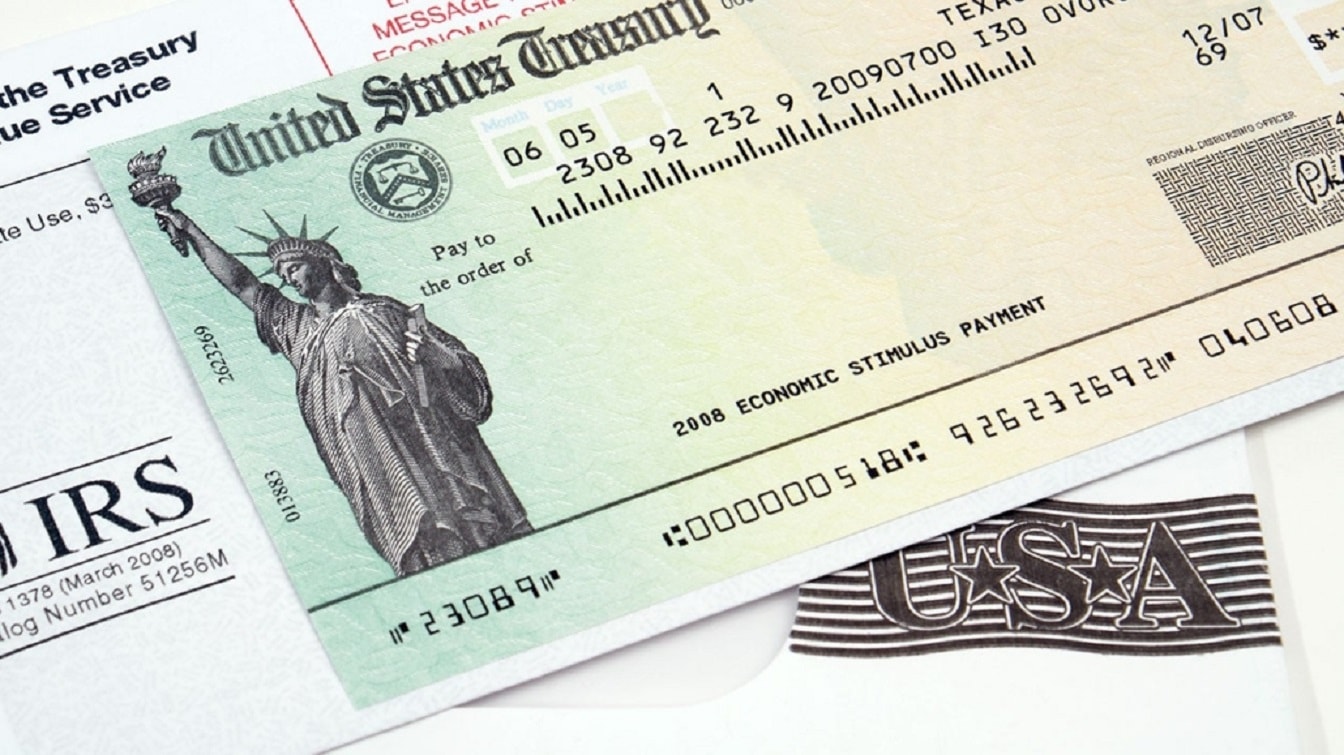How To Get Your Tax Refund Sooner: Despite advice from financial planners and tax preparers, many Americans count on their annual tax refund – and many see it as a bonus or even “free money,” which it most certainly is not. It is money that you actually earned during the year but went toward income taxes rather than in your paychecks. It is, essentially, an overpayment of taxes.
It is basically an interest-free loan to the government and it can be sizable. Last year’s average tax refund was more than $2,800.
Now many Americans will have to wait longer to get their money back as the Internal Revenue Service has made it quite clear that the 2021 tax refunds could be late in arriving this year. Part of the problem is that the IRS is grappling with a backlog of millions of unprocessed returns from one of the “most challenging years” in the agency’s history, and that will slow its ability to process refunds.
There are things that tax filers can do to help.
To speed refunds, the IRS is now urging taxpayers to file electronically with direct deposit information as soon as filers have everything they need to file an accurate return. Also, check your work!
If your return includes errors or is incomplete, it may require further review and that will almost certainly slow the tax refund. Having all information available when preparing the 2021 tax return will help reduce errors and in turn avoid delays in processing.
It is expected that more than 160 million individual tax returns for the 2021 tax year are expected to be filed, with the vast majority of those coming before the traditional April 18 tax deadline. The sooner taxes are filed, the sooner a refund can be issued.
In most cases, even with the delays, the IRS anticipates most taxpayers will receive their refund within 21 days of when they file electronically if they choose direct deposit and there are no issues with their tax return. That is why the IRS has once again been urging taxpayers and tax professionals to file electronically.
Changes Coming
As the IRS has noted, most individual taxpayers file IRS Form 1040 or Form 1040-SR once they receive Forms W-2 and other earnings information from their employers and issuers like state agencies and payers. However, as the IRS has incorporated recent changes to the tax laws into the forms and instructions, it is important that filers take the time to review the materials.
The good news is that the IRS has already shared those updates with its partners who develop the software used by individuals and tax professionals to prepare and file their returns. In addition, forms 1040 and 1040-SR and the associated instructions are now available via IRS.gov.
Don’t Call
Just as the IRS is overwhelmed with paperwork from past years, calling them isn’t going to help anyone. It can take hours to reach someone, and even then it is unlikely the agents can provide any information that isn’t available on the IRS.gov website.
The IRS is strongly encouraging people to use online resources before calling.
“Last filing season, as a result of COVID-era tax changes and broader pandemic challenges, the IRS phone systems received more than 145 million calls from January 1 – May 17, more than four times more calls than in an average year,” the agency stated.
“Our phone volumes continue to remain at record-setting levels,” warned IRS Commissioner Chuck Rettig. “We urge people to check IRS.gov and establish an online account to help them access information more quickly. We have invested in developing new online capacities to make this a quick and easy way for taxpayers to get the information they need.”
In addition to the IRS.gov website, the tax agency also offers a variety of other free options available to help taxpayers, ranging from free assistance at Volunteer Income Tax Assistance and Tax Counseling for the Elderly locations across the country.
Other Reasons for Delays
Even those filing on January 24 may have to wait however. By law, the IRS cannot issue a refund involving the Earned Income Tax Credit or Additional Child Tax Credit before mid-February, yet eligible people may file their returns beginning on January 24. This law is in place to provide additional time to help the IRS stop fraudulent refunds from being issued.
And even if you file electronically there is still the chance it may need manual review, which delays the processing. If the IRS systems detect a possible error or missing information, or there is suspected identity theft or fraud, this could cause such a delay.
Some of those situations may require the IRS to correspond with taxpayers, while some issues do not. However, the work does require special handling by an IRS employee so, in many instances, it may take the IRS more than the normal 21 days to issue any related refund. In those cases where IRS is able to correct the return without corresponding, the IRS will send an explanation to the taxpayer.
Peter Suciu, a Forbes Magazine Contributing Writer, is a Michigan-based journalist who has contributed to more than four dozen magazines, newspapers and websites. He regularly writes about military small arms, and is the author of several books on military headgear including A Gallery of Military Headdress, which is available on Amazon.com.

